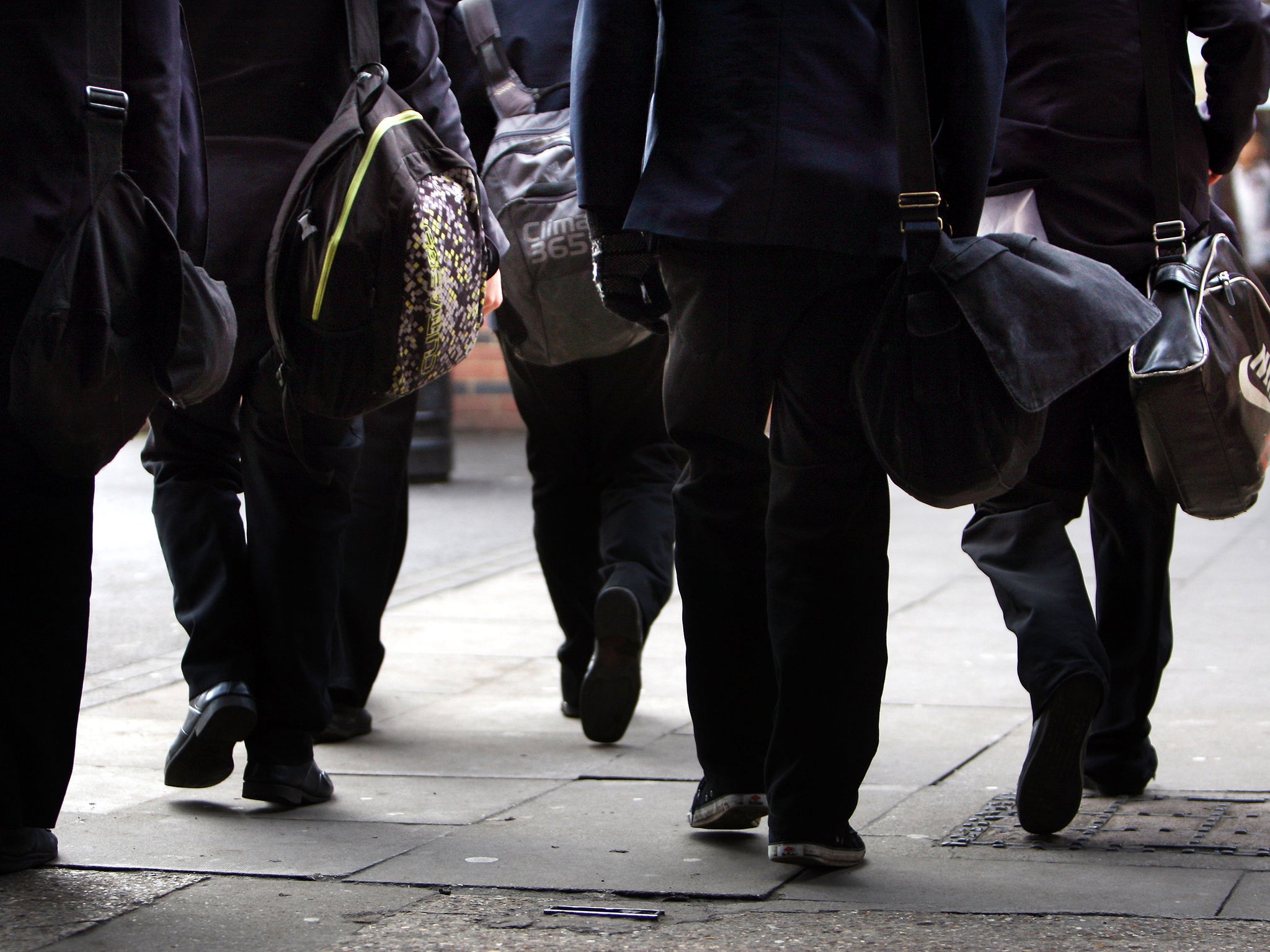Why can't schools break free from cycle of chronic underperformance?
Analysis: As Ofsted says almost 500 schools have been letting pupils down for more than a decade, Eleanor Busby looks at what’s behind their continued failure


Hundreds of schools have been stuck in a rut of failure for more than a decade – and the Ofsted chief has condemned it as a “scandal” and a “betrayal of children’s futures” in a letter to MPs.
But while the outrage from chief inspector of schools Amanda Spielman has been loud and clear, there has been a lack of explanation as to where this problem comes from – and how it can be fixed.
The analysis of the 490 “stuck” schools – which have been judged below the level of “good” by Ofsted in all inspections since 2005 – found considerable variation across regions, but there was one common pattern: all had a higher proportion of white British pupils eligible for free school meals than the national average.
So why are these schools stuck in a cycle of poor performance? Is it the fault of the staff in the schools? Or is it a wider systemic issue?
Ofsted has not said where many of these schools are based, but it is likely a high number are in the rural or coastal areas with the most severe teacher shortages.
It is in these places where recruiting qualified teachers and strong leaders is harder, making it more difficult for the school to improve its Ofsted rating.
And if the school already has a bad reputation – made worse by a low Ofsted judgement – it can be even harder to attract and retain teachers and headteachers.
Last week, a global report found poorer students are not performing as well because there are fewer quality teachers going into the schools serving poorer youngsters, the Organisation for Economic Cooperation and Development found.
So quality of staff contributes – but there will also often be challenges in their communities that make it harder to transform the culture in the school.
In June this year, Ms Spielman was criticised for saying it should not be a “surprise” that judgements of schools in areas serving poorer white children are lower. She said that many working-class families have felt the “brunt of economic dislocation” and can lack aspiration and drive.
It is well known in the sector that high expectations from immigrant families can help drive up standards, like in London, but simply blaming the parents of children in these schools is not helpful.
However, it is easy to forget in the teachers-versus-parents debate that the government also has a role to play. Greater funding and financial incentives for staff could be just what these “stuck” schools need to break free.
Join our commenting forum
Join thought-provoking conversations, follow other Independent readers and see their replies
Comments